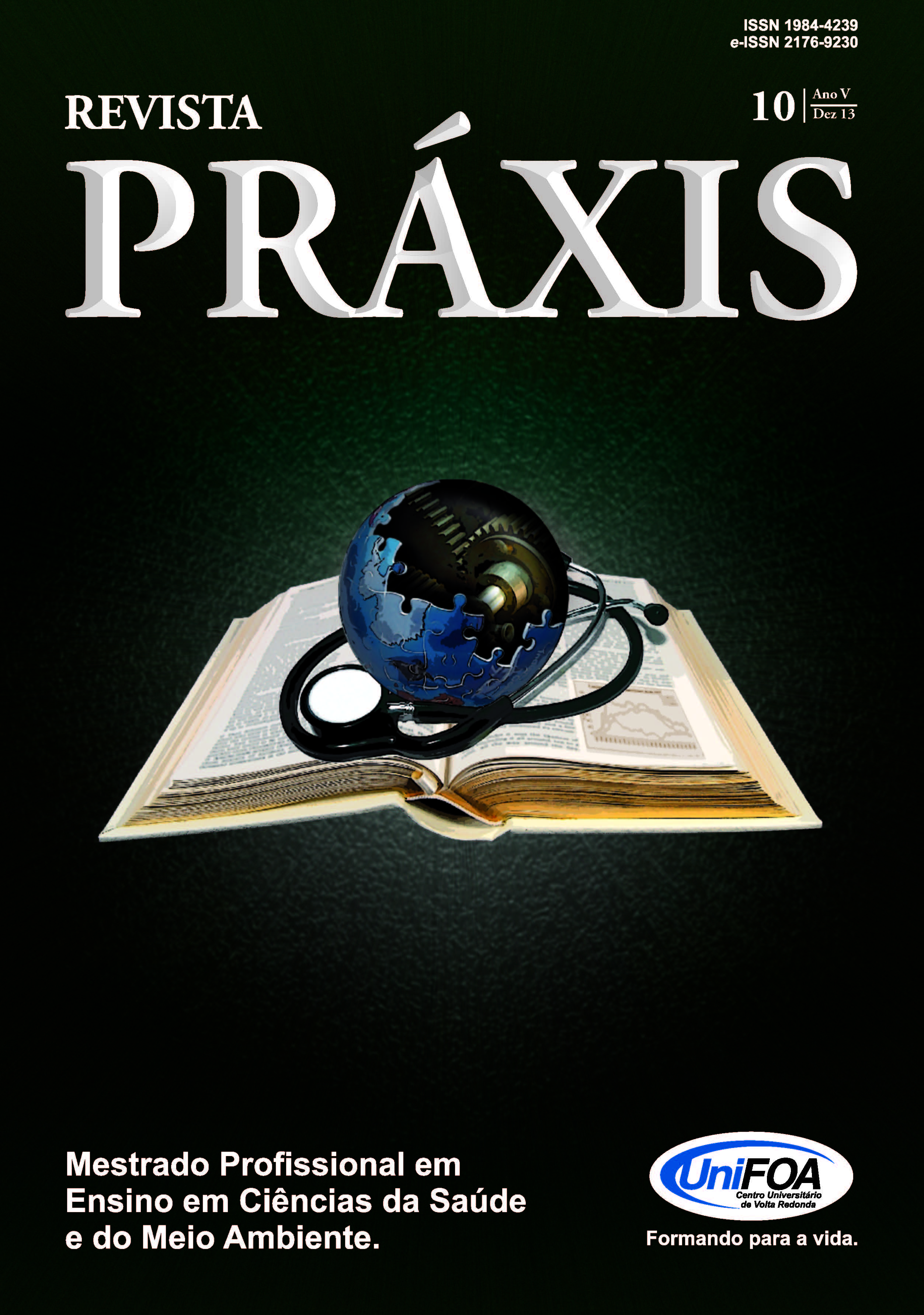The Music as a tool for socialization and promotion of scientific literacy
an experience with adolescents deprived of freedom
DOI:
https://doi.org/10.47385/praxis.v16.n30.4442Abstract
The objective of this work was to report on an activity that made use of parody as a didactic resource, for the dissemination of the Sustainable Development Goals (SDGs) and the promotion of Scientific Literacy (AC) in adolescents deprived of liberty. The study is an experience report carried out in a Socio-Educational Center located in the city of Manaus-AM, with five girls in a situation of deprivation of liberty. The report has a qualitative and descriptive approach, and made use of music as a playful methodological tool for the promotion of CA and dissemination of the SDGs described by the 2030 Agenda. Three parodies were produced, one of which presents a kind of summary of all the SDGs, and the other two work on SDGs linked to the environmental dimension. Soon, concepts such as: preservation, conservation and sustainability were addressed. It was also possible to identify the presence of AC indicators: serialization of information, organization of information, classification of information, logical reasoning, proportional reasoning, justification and explanation. With this, there is the possibility of creating different conditions so that CA can be promoted in socio-educational environments, stimulating the analysis of a problem and the critical reflection of the subjects.











